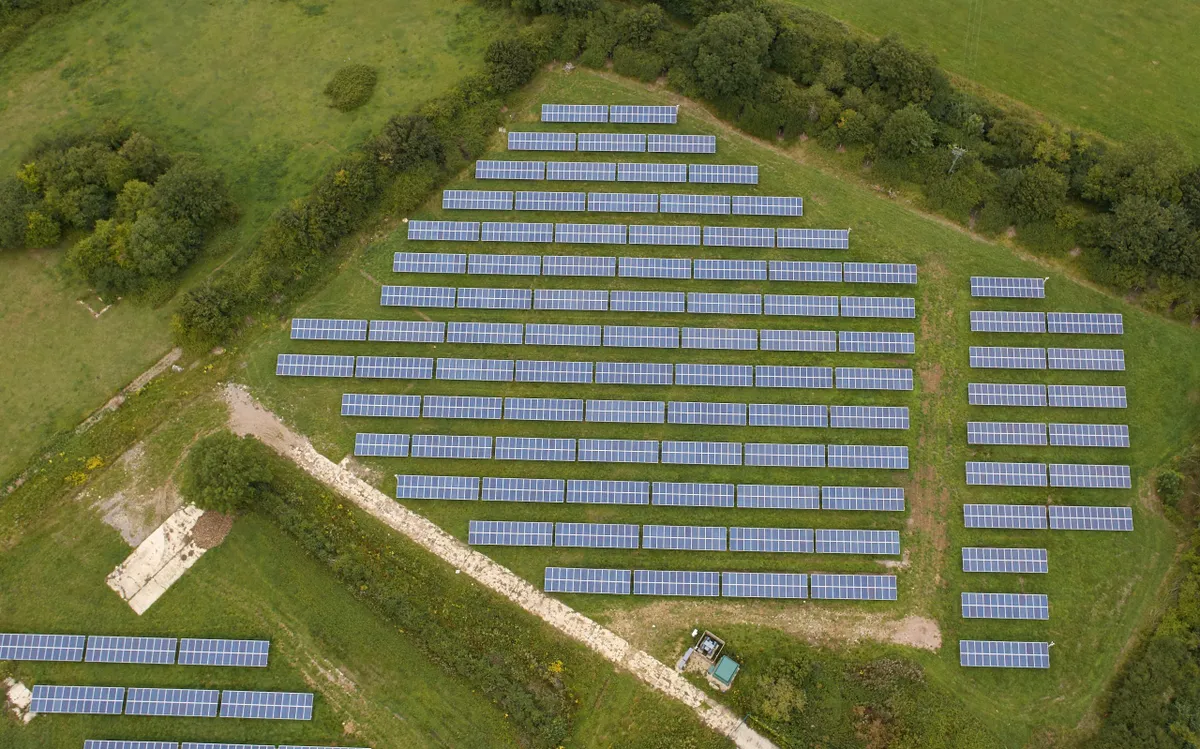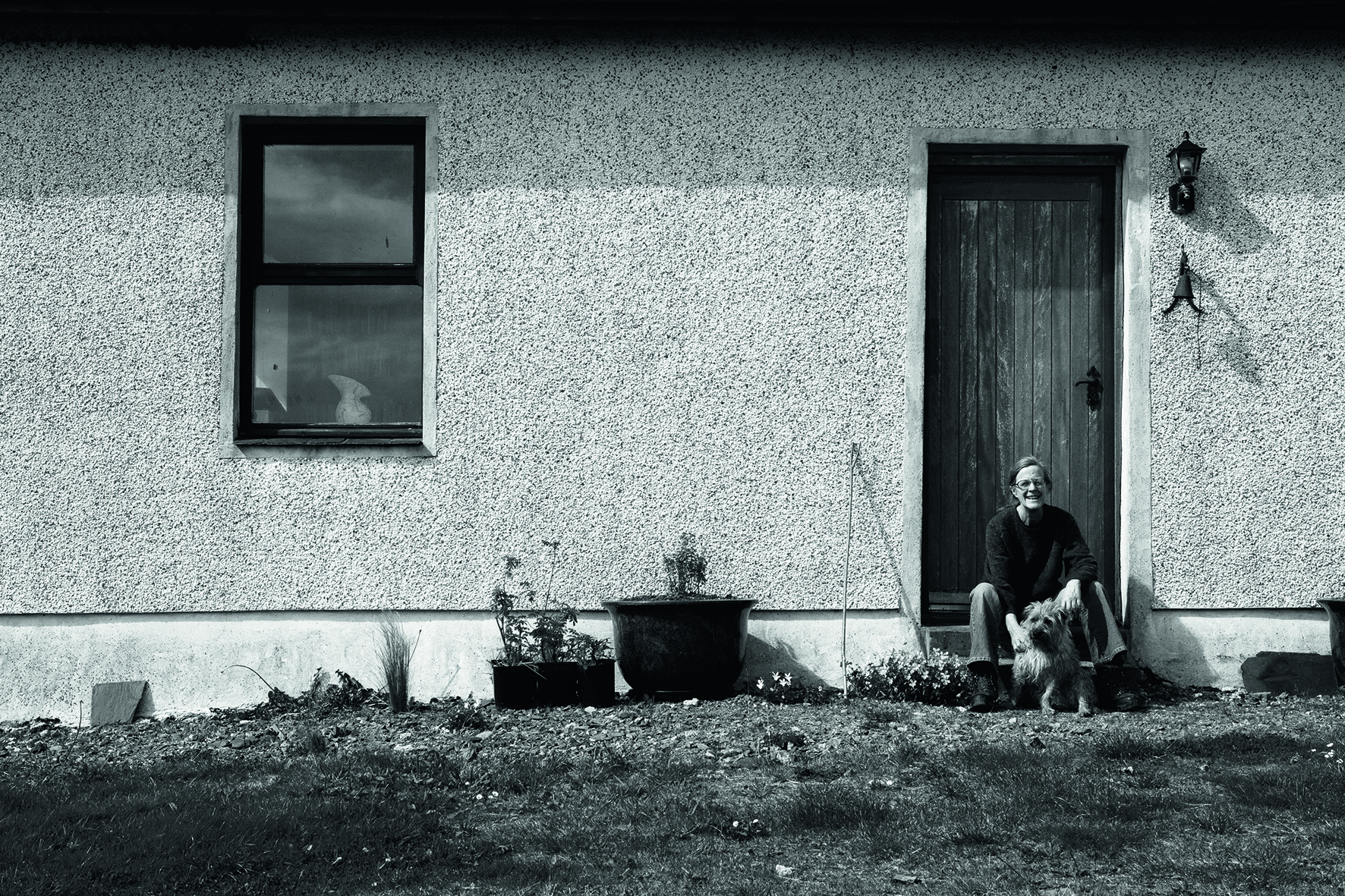One of my brothers, a dairy farmer in south-west Scotland, has decided to construct a solar array on his land. A solar array generates electricity ‘renewably’ (sunlight being, we very much hope, renewable!) and feeds it into the national grid. As the generators are low lying – being horizontal rather than vertical – they are far less visually intrusive than wind turbines.

Obviously and properly, any such project in a rural area requires planning permission and planning permission of the requisite kind requires a wildlife survey. In Scotland, all wild birds are protected species and therefore come under the remit of such a survey (along with bats, badgers and various other species). A bird survey is not, obviously, a one-off event, but needs to happen through the seasons of a whole year. Many birds migrate: some pass through southern Scotland on their way to somewhere else; some, like geese, are resident in southern Scotland through the winter; some, like swallows, are resident through the summer; some, like curlews, are short-distance migrants, coming up from the coast to breed on the hills. So, naturally, the survey takes some time.
The survey is trying to ascertain which bird species are using the area and whether the proposed construction will present hazards for particular species. In an extreme case – if, say, it turned out that your site was the only nesting ground in the whole of the UK for the wombattal snippet (a bird I have just invented) – the survey could lead to a total refusal of planning permission. It’s more likely, however, to lead to required ‘mitigations’. For example, in the middle of my brother’s proposed site there is a small area of rough ground close beside a wood with a burn running through it. The surveyors have decided it provides a specific habitat not otherwise available nearby and therefore shouldn’t have any generators placed on it.
Enthusiastic attention
I went out with the two surveyors who are dealing with this site. We did a walking survey. The two of them walked a few hundred yards apart, each carried a map of the area and marked on it any birds they saw along with the time (a sensible precaution against counting twice something they each saw once). They infallibly recognised not only the breed but the gender, and they saw birds in trees and on the ground that I would have missed altogether. As well as knowledge, they had love, mainly expressed as enthusiasm. We walked for about two hours and, when we had completed the circuit, one of them went out again to do a second kind of survey, where she would sit still for a couple of hours and record the birds that flew overhead.
Sadly, they told me that too many people really resent having to accommodate the survey. Sometimes this is because they didn’t realise they had to get it done before they applied for planning permission and so their timetables can be thrown out, but for some it is just seen as more tiresome bureaucracy and interference. Of course, I am not planning to invest or develop ‘my’ land in the way that farmers may be, but it seems to me that there’s a genuine common interest in our countryside and that the people who work it are also its guardians. If there were such a bird as the wombattal snippet, I would want to know if it was nesting in my field.

